In Defense of True Stories
I know, I know, agents are not interested in memoir, yet they openly admit they don’t know what sells. So why do we listen to them?
 It’s crazy because “Based on a True Story” sells. True stories are Hollywood’s darlings, and when we settle into our seats getting ready to watch a film and the words “Based on a True Story” flash across the screen, we think, “Oh, I didn’t know that,” or “Oh, this should be interesting”. Our minds process the information differently than, say, fiction. Non-fiction engages the brain by striking its lightning bolt straight into our hearts in a way that fiction simply does not.
It’s crazy because “Based on a True Story” sells. True stories are Hollywood’s darlings, and when we settle into our seats getting ready to watch a film and the words “Based on a True Story” flash across the screen, we think, “Oh, I didn’t know that,” or “Oh, this should be interesting”. Our minds process the information differently than, say, fiction. Non-fiction engages the brain by striking its lightning bolt straight into our hearts in a way that fiction simply does not.
This is not to say fiction isn’t amazing and wonderful, it is, it’s just that I don’t know if non-fiction, true stories, and memoir get the respect that they deserve.
Whenever I’m in the middle of a boring lecture and the guy or gal behind the podium announces, “This reminds me of the time…” I immediately wake up, and I’m willing to wager, so does everyone else. True stories are a social education. Much of fiction, like fairy tales, is based on ethics and morals, which are steeped and brewed in lessons in reality. Sometimes I prefer my reality without a creamy layer of fiction on top.
I doubt very much if the true story of Chris McCandless (the young guy who left civilization behind to immerse himself in the pure nature of Alaska) as told by Jon Krakauer’s Into the Wild, would have had the same gravity and intensity had it been fiction. I just finished reading it, so it’s fairly fresh in my mind. And to be honest, it’s not a book I would have normally read, but I’m glad I did. I was intrigued by the range of emotions I felt for the main character, both strongly negative and positive.
It also reminded me of how much I miss the American West and spurred me to reread my favorite short story, Stickeen, by John Muir. I’m not even a dog lover, but that piece of writing, for me, romanticizes Alaska (I know, I’m weird) and is terribly touching and remarkable. Again, another unbelievable story, made sublime, because it actually happened.
In the beginning was the Word, was the myth, was the song, and now, the challenge is to hunt down those true tales that bring us around the proverbial campfire just like the old epics did. I think we need them again, but we need them to be real.
Hey, I’m not a big time author, but I’ve had folks privately and publicly email me regarding my Waldorf teacher story. I was fired, but I wanted to share my experiences as objectively as possible so the reader could judge for herself what was happening at the school. Thoughtful people have thanked me for sharing what happened, and I blush when I think about how open and personal they were to me in regards to their own struggles with the educational system and otherwise. Those connections really blew the gate off for me because I had no idea so many people had gone through similar ordeals.
True stories are teachers, too. Perhaps I should say true stories are first and foremost our teachers. Yet, they are not only our social educators. They are outreach programs that allow all of us a chance to listen and relate – and more importantly feel connected in a meaningful way.
—
Lani V Cox is an English teacher residing in Chiang Rai Thailand. She blogs about teaching, writing and her experiences as an Asian American expat at Life, the Universe and Lani.
You can also find her at {the missing teacher} and Twitter @lanivcox.
Category: Contemporary Women Writers, Multicultural Writers, Multinational Women Writers, Women Writing Memoirs






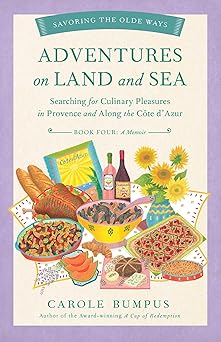
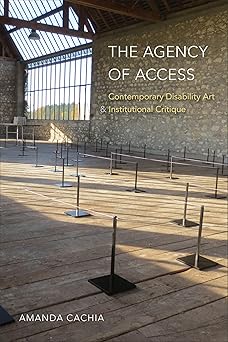
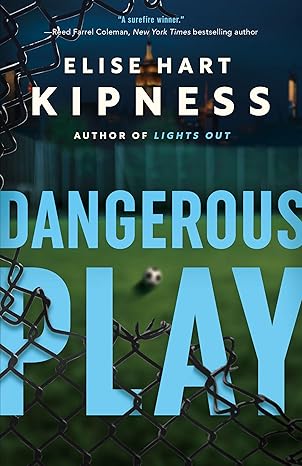
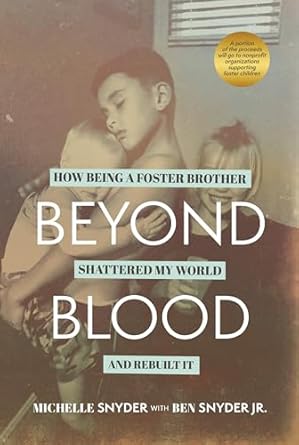
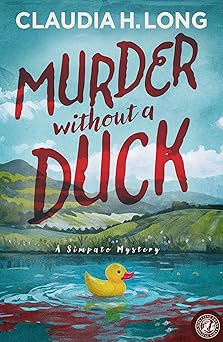
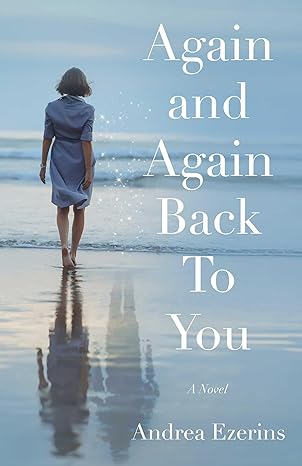
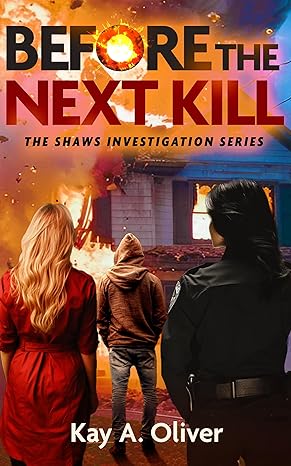
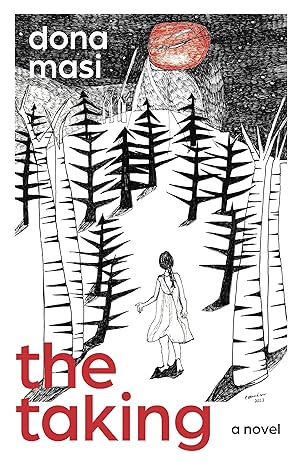

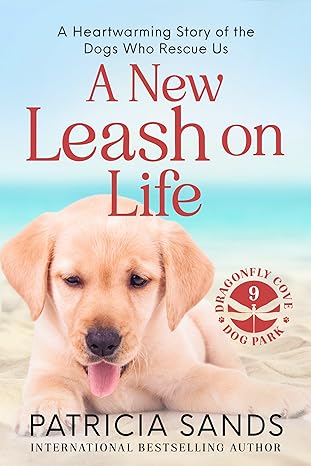

Searching for the truth is a life’s work. Writing about MY truth is part of telling my story, and I WANT others to listen.
Absolutely. It is indeed life’s work and part of the fabric that we are all weaving – together.
I got my memoir, Kiskadee Girl, published by entering a Life Writing Competition run by Kingston University Press.It also helps if you research publishers who have a particular interest in some aspect of your memoir whether it be historical or location based or a unique family story. Memoirs are social history and immensely important. However, fiction does play a part in the writing,as memory and research alone are not enough. This is where creativity and the imagination comes into its own. Writing Kiskadee Girl invigorated my interest into prose fiction, and I’ve since gone on to write and have two short story collections published.Don’t give up, look at your work closely and see where it might find success!
Thank you Maggie. Sorry, I didn’t see your comment earlier, I guess automated notifications don’t always work!
Glad you found success and a home for your story and thank you for sharing your journey.
I finally gave up on getting my memoir published. Agents tell me they are too hard to sell (even though they admit my story is unique and intriguing). How can you get past that?
I think this is why so many are self-publishing. Agents even admit that they cannot predict what will sell, so they go with the safest bets. If you feel the urge to publish it, that is the route I would take. You could always give it a rest and see how you feel about it at a later time.
I tried to get mine published years ago and no one was interested. I put it up as blog and got some really interesting reactions. It’s been a long process (years), and yes,I tried again with agents, but I’m finally going to self-publish by the end of the year.
I just think they are different – Cormac McCarthy’s The Road is extraordinarily powerful, and definitely fiction. At the same time there are memoirs that touch us at a very deep level. I love both!!
Agreed, both are wonderful. It’s just sometimes I feel like fiction gets more respect.
I totally agree memoirs and true stories are more powerful. Many times I’ve found myself amazed how strange and captivating a true story is compared to fiction.
Thanks Linda, for adding your voice to the conversation 🙂
Are you familiar w the literary journal, Creative Nonfiction? It is top-notch! The founder-editor has been instrumental in raising the visibility and status of nonfiction in the academic/reative writing world(s). I highly recommend this always-fascinating magazine of “true stories, well told.”
Thanks Ann. Yes, I am. I like to read their essays on writing. However, I don’t have the budget to enter their contests, so I haven’t entered any. But I’ll give them another look, thanks for the reminder! 🙂
I was amazed to learn that non-fiction in South Africa (where I live) outsells fiction by far.
This little gem was shared by several publishers and authors I’ve listened to, yet I still find it hard to believe. I mean there are some block buster fiction novels out there which must surely pull in sales, regardless of country being sold in.
Well, non-fiction can be misleading because it doesn’t necessarily mean true stories. Non-fiction can be business books, health and diet fads, sports, and those kinds of things. As a result, non-fiction is easier to sell (at least it was the last time I looked), but memoir, well, that’s a different story (pun intended)…Agents seem to treat memoir like it’s the lice-infested step-child of fiction.
Is memoir more powerful than fiction. Absolutely! Great article. Thank goodness that agents are no longer holding all the cards.
Thanks. And I agree. There are simply too many great writers that go unnoticed. Here’s to writing, the writers and those true stories worth sharing.